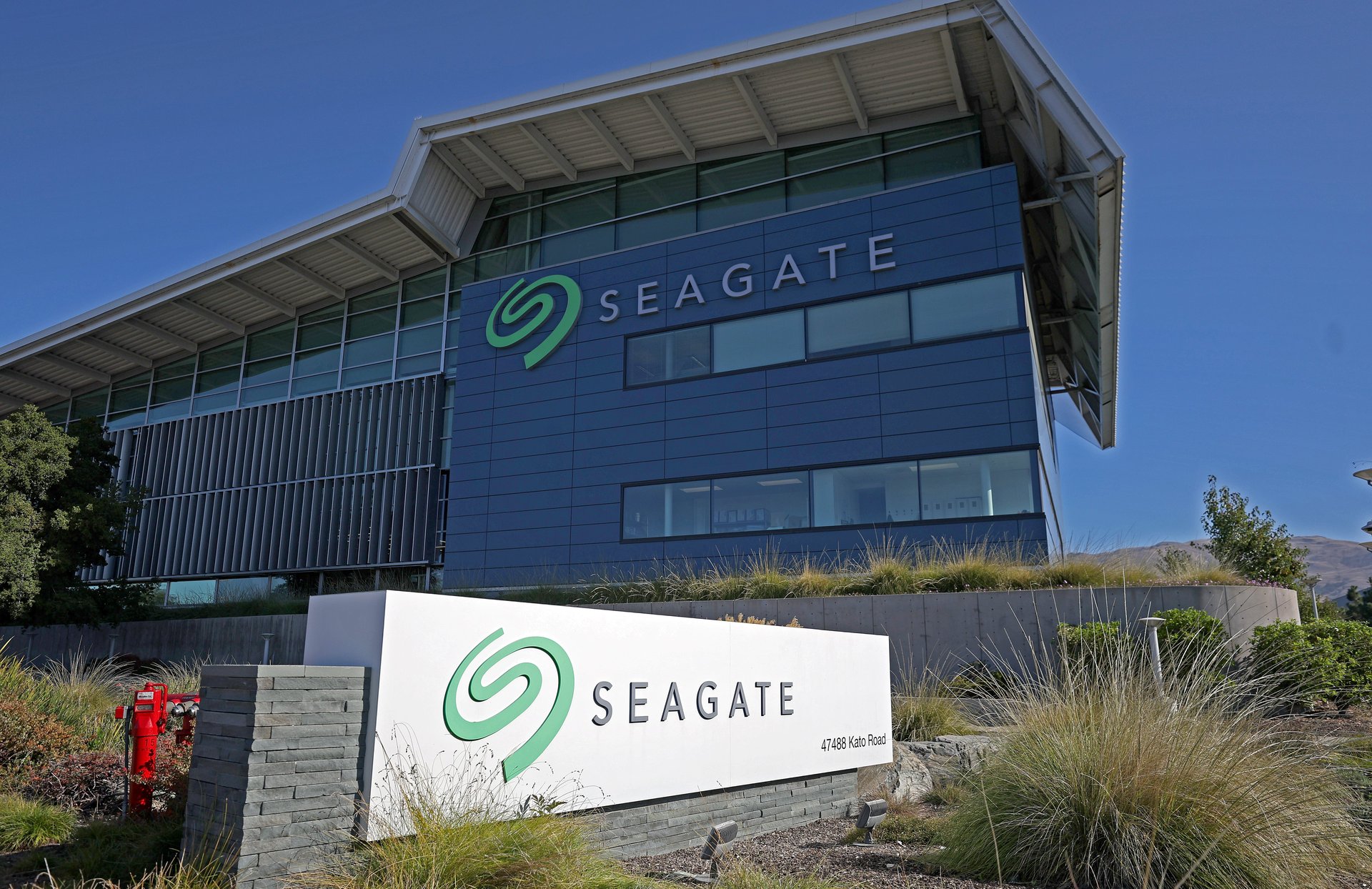Seagate has agreed to a record settlement over forbidden exports to Huawei
The data storage company was fined $300 million for violating US sanctions

Seagate Technology, a data-storage company based in Dublin, Ireland, agreed to pay $300 million to the federal government after two of its subsidiaries sold hard drives to Huawei, despite US sanctions on the Chinese telecommunications company.
Suggested Reading
The US Department of Commerce announced the settlement in a press release (pdf), calling it the largest standalone administrative penalty in the history of the Bureau of Industry and Security (BIS), which regulates federal export controls.
Related Content
Federal regulators specifically cited two of Seagate’s subsidiaries, based in California and Singapore, which violated the Foreign-Produced Direct Product rule by selling technology developed in the US to Huawei.
The US government originally placed sanctions on Huawei in 2019, labeling the massive Chinese company a threat to national security and ordering American companies to refrain from doing business with it, unless they applied for a government license. The US stopped considering licenses for conducting business with Huawei in January of 2023.
However, Seagate’s CFO, Gianluca Romano, said that he believed the trade restrictions did not apply to the US-founded company—which was incorporated in Dublin in 2010—shortly before signing a deal with Huawei in 2020.
Romano told investors that he didn’t “see any particular restriction for us in terms of being able to continue to ship to Huawei or any other customers in China,” even as the company’s two main competitors in hard-drive sales ceased all trade with Huawei.
After that, Seagate signed a three-year deal with Huawei, selling approximately 7.4 million hard-disk drives without a government license to the Chinese company. In the deal, Huawei dubbed Seagate as its primary supplier (pdf), with the contact saying the the company would be given a “priority basis over other Huawei suppliers.”
Quotable:
Today’s action is the consequence: the largest standalone administrative resolution in our agency’s history. This settlement is a clarion call about the need for companies to comply rigorously with BIS export rules, as our enforcement team works to ensure both our national security and a level playing field.” – said Matthew S. Axelrod, assistant secretary for export enforcement, in a statement released by the Commerce Department.
How big a loss is this for Huawei?
The $300 million figure is less than one-fifth of Seagate’s $1.59 billion net income in 2022, however, the company’s projected net income is expected to be substantially lower in 2023 with reduced demand for its products. The penalty also includes a mandatory multi-year audit and five-year suspended denial order on export privileges.
Seagate stock was down close to 5% at noon in New York after the announcement, with the company expected to release its earnings report on Thursday.
Related stories:
Huawei reported its biggest annual decline in profit amid American sanctions on chip technology
